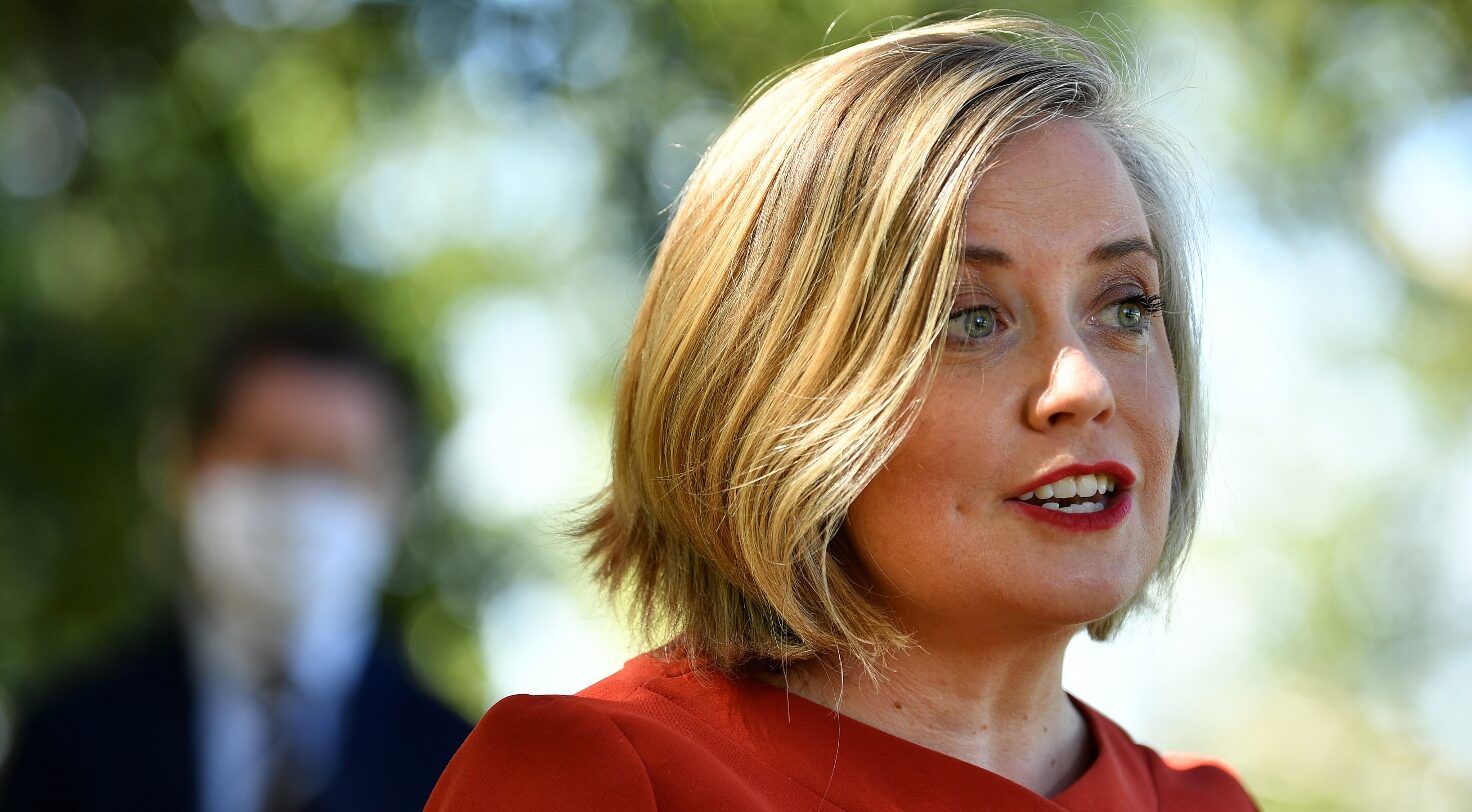
Halted strike for teachers
The NSW Teachers Federation has deferred the industrial action scheduled for November 29, as they commence salary negotiations with the NSW government.
Nearly all teachers voted to reject the capped 2.5 per cent increase in salaries during the November 2 stopwork meetings. They also voted to strike on November 29 if the government did not progress negotiations.
Deputy President of the NSW Teachers Federation, Gary Zadkovich said: “We have over a week to report to the Industrial Relations Commission as to the outcome of negotiations. We are very keen to avoid school disruptions and hope the government can give us an offer by then.”
This move is a relief for both families and the NSW Government.
Spokesperson for the State Government, David Bold, said: “The Government welcomes the decision taken by the NSW Teachers Federation not to take the industrial action they had proposed for 29 November 2011. . . Negotiations are ongoing.”
Father of two, Greg Purdy said: “Teachers should feel lucky to be paid for what they do. Start teaching, stop striking. We parents are the ones who cop it.”
The Federation continues to put forward its case for a fairer salary offer.
Mr Zadkovich said: “The O’Farrell government will save 1.96 billion in tax cuts over their four-year term. Why cut teachers’ salaries? There is nothing left to be cut.
“Earlier this year, the government gave licensed clubs a $350 million tax break and yet continues to cut teachers’ salaries.”
The government legislated higher salaries must be offset by increased productivity in teaching.
But the Federation does not understand why the government still has not stipulated which areas need to be more efficient.
“It’s empty rhetoric. The Department of Education should just say what we need to fix,” Mr Zadkovich said.
Industrial relations expert, Grace Collier, said: “Public workers suffer poor salary offers because the public sector is shockingly inefficient and poorly managed. The price you pay for working somewhere where no one is ever allowed to get the sack is to carry the poor performers which bring the average salary down.
“If the union allowed the State to get rid of poor performing teachers everyone would be paid more. These developments have led to greater community issues – the availability of quality public services.”
Lower quality public schools will motivate an increase in private schools. This will mean only wealthier families have access to good quality education.
Mr Zadkovich said: “The government is concerned with tax cuts rather than higher quality public education. This is a retrograde step for society”. Lower salaries mean less good teachers in all public sector schools, colleges and universities, he said. “Access to good education is a human right.”
The National Tertiary Education Union wants to combat this problem as The University of Sydney, the University of NSW and Macquarie University recently announced up to 340 job cuts.
NTEU NSW Secretary, Genevieve Kelly said the cuts would affect the quality of teaching and research.
By Su-Lin Tan









